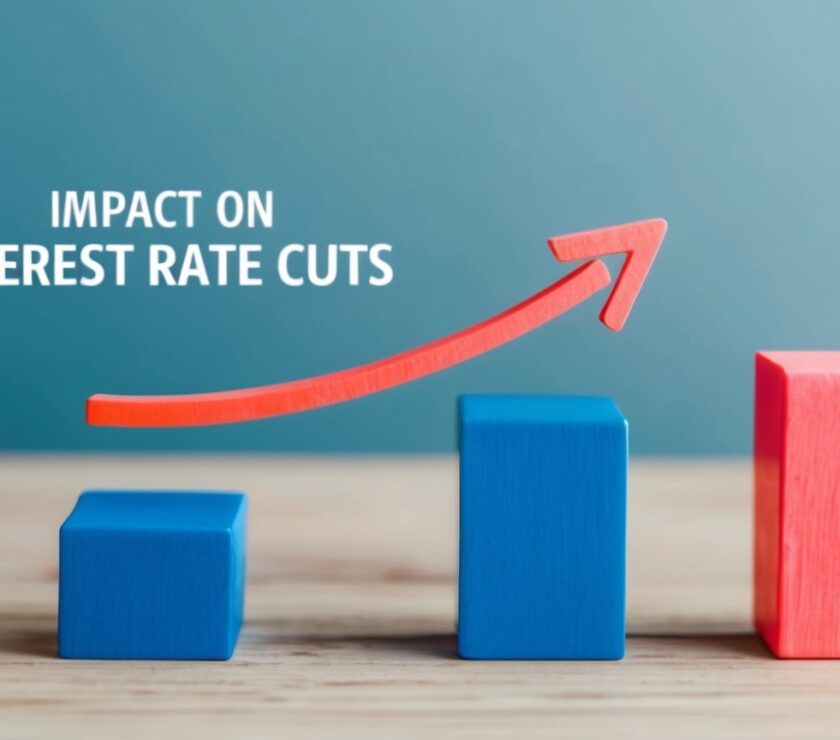Back in the day, I remember being tired of trading time for money. If you’re there right now, you’re not alone—and you’re not wrong to want out of the rat race. In today’s gig-hustle-meets-FinTech economy, understanding the difference between passive income and active income might be the key to getting you out.
Having the right knowledge can be the game-changer your bank account needs. Whether you’re trying to save money on your mortgage, your aim is to build savings for early retirement. You might also want to leave the 9-5 job. Your focus on a specific type of income will shape your future wealth. Let’s look at what each income stream means, how they work, and which one unlocks true financial freedom.
🧠 Understanding the Basics
What Is Active Income?
Active income is the money you earn by trading your time and skills. Think wages, salaries, commissions, and freelance work.
Examples include:
- Your 9-5 paycheck
- Side hustle earnings from Uber, DoorDash, or freelancing
- Hourly consulting gigs
💬 “Active income is great for stability, but it caps your earning potential,” says Sarah Koch, Certified Financial Planner at WealthBuilt Strategies.
What Is Passive Income?
Passive income comes from assets or investments that earn money with minimal ongoing effort.
Common sources:
- Rental property income
- Dividend-paying stocks
- Affiliate marketing or ad revenue from a blog
- Royalties from books or online courses
- Real estate investment trusts (REITs)
💡 Fun fact: According to a 2024 report by SmartAsset, 62% of millionaires have at least three passive income streams.
🏠 Passive Income + Real Estate = Mortgage Magic
One of the most powerful ways to save money on your mortgage is by using passive income streams.
Here’s how that math checks out:
- Rent out part of your property (house hacking): Your tenant pays your mortgage.
- Invest in REITs: Earn dividends without being a landlord.
- Create digital assets like eBooks or courses: Use profits to pay down your mortgage early.
📊 According to the U.S. Census Bureau, homeowners with extra income streams were 45% more likely to pay off their mortgages ahead of schedule in 2023.
💸 Why This Matters in 2025
With interest rates staying high and inflation pinching wallets, building passive income is no longer optional—it’s essential.
And let’s not forget:
- Job markets are shifting.
- AI is replacing repetitive work.
- The housing market is still pricey.
Whether you’re buying your first home or refinancing, passive income gives you options and helps save money on your mortgage faster than relying on just a paycheck.
🎯 Final Thoughts: Active vs. Passive—Pick Your Player
Both income types have their place, but passive income is the long game.
- Active income = fast cash, but high effort
- Passive income = slow build, but long-term wealth
The takeaway:
If you want financial freedom, mix both—but prioritize building passive income early. That’s the key to retiring your alarm clock for good.
📣 CTA:
Got a passive income plan? Drop a comment below or share this article with a friend who’s still grinding 24/7.
👉 For more money-saving tips—especially on how to save money on your mortgage—subscribe to our newsletter.
🔍 FAQ
Q: Can you live solely off passive income?
A: Yes, but it usually takes time to build up. Most people start part-time and reinvest earnings.
Q: What’s the best passive income for beginners?
A: Start with dividend stocks, REITs, or digital products like eBooks.
Q: Is rental income truly passive?
A: Not entirely. Property management requires some work unless you outsource it.
📁 Tags & Categories
Tags: passive income, active income, mortgage tips, save money, financial freedom
Categories: Finance, Real Estate, Wealth Building, Personal Finance
🔗 Sources
⚠️ Financial Disclaimer
This article is for informational purposes only and does not constitute financial, legal, or investment advice. Always consult with a certified financial advisor, tax professional, or mortgage specialist before making any financial decisions. The views expressed are those of the author and do not necessarily reflect the official policy or position of any agency or financial institution.




